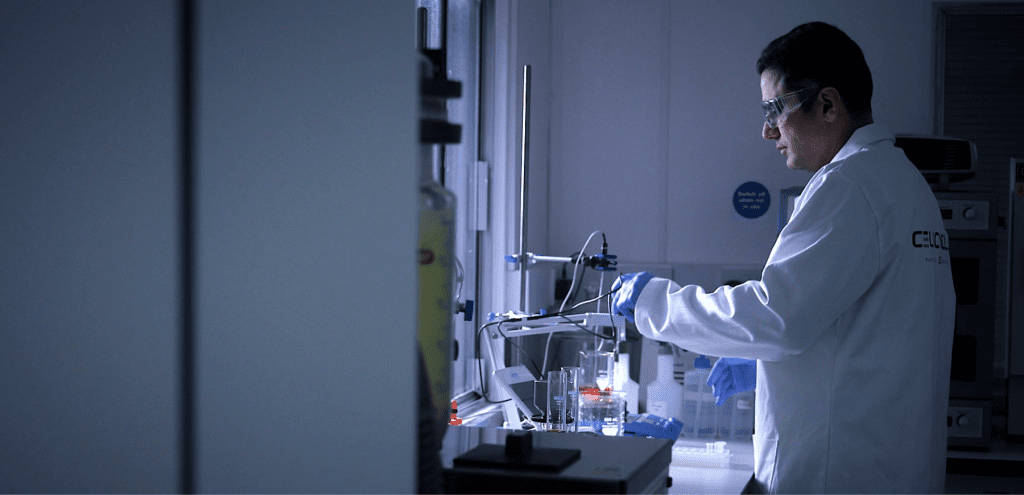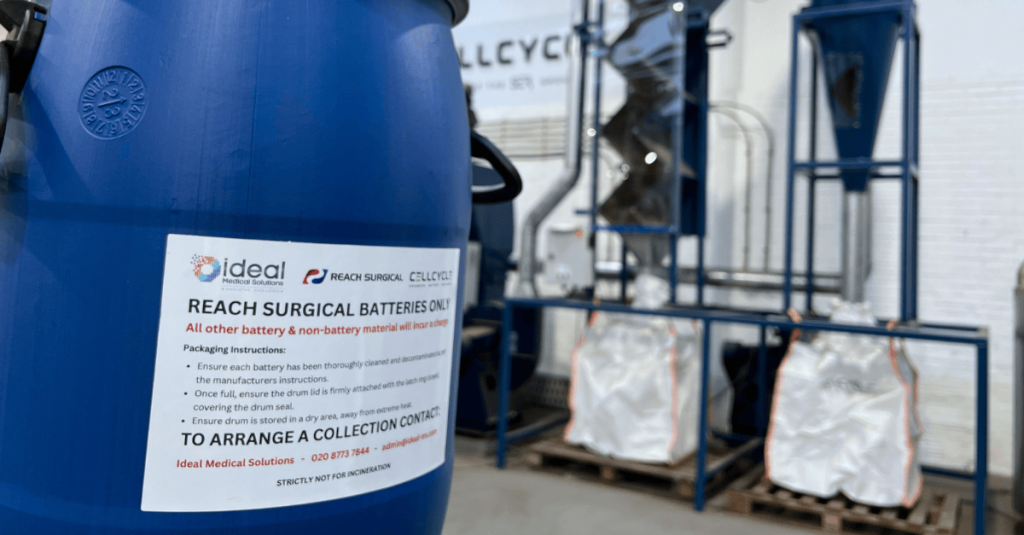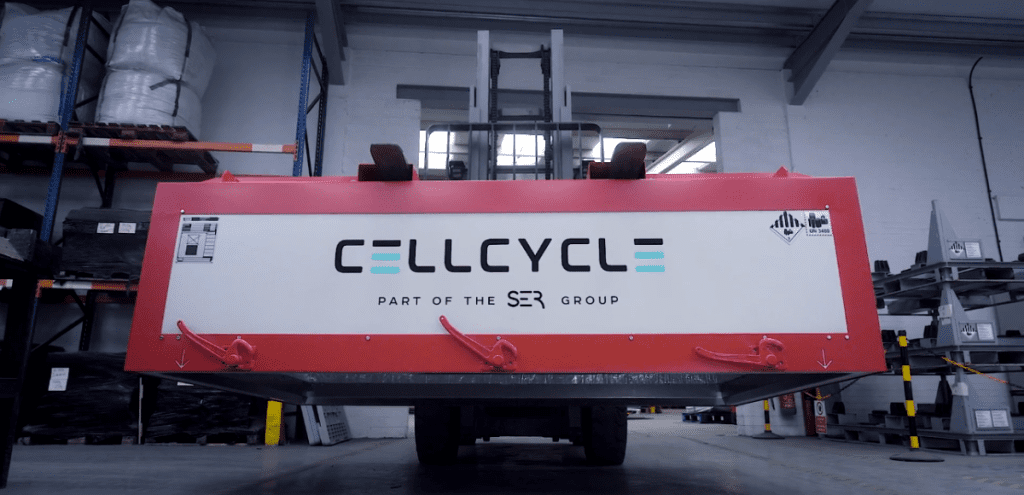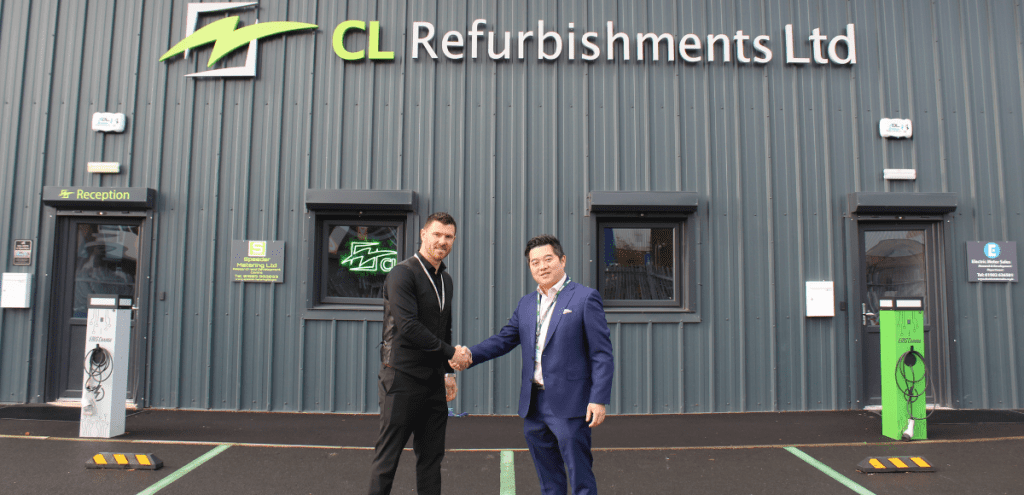In today’s rapidly evolving environmental landscape, the urgency to address the impact of lithium battery waste is no longer a distant issue—it’s a critical, immediate responsibility. At Cellcycle, we believe innovation is not optional. It is our duty
The terminology “circular economy” is appearing increasingly frequently, but what does it truly mean, and why is it so essential? In simple terms, a circular economy is an economic system designed to minimise waste and maximise resource use by continuously cycling materials back into use through innovative processes. Central to making this concept a reality is lithium battery recycling—a process playing an increasingly crucial role. The UK—and the world—is facing a growing challenge: how to sustainably recycle lithium batteries in a way that is efficient, ethical, and future-proof. Our response is LithiumCycle process, a biotechnological breakthrough that transforms how critical materials are recovered at the end of a battery’s life.
Developed in collaboration with Coventry University and supported by Innovate UK, the LithiumCycle process is the world’s first scalable bio-based lithium battery recycle solution. It replaces conventional chemical-intensive methods with biotechnology that harnesses naturally occurring bacteria to extract lithium, cobalt, nickel, and manganese from spent batteries. In doing so, we drastically reduce the environmental impact of recycling, while achieving industry-leading recovery rates—up to 97%—in record timeframes.
A Greener Alternative to Conventional Recycling
The conventional methods widely used across the industry—such as hydrometallurgical recycling—rely on corrosive chemicals, high temperatures, and significant energy input to extract critical minerals. While effective, these methods generate large volumes of secondary waste, consume vast amounts of water, and present hazards in handling and disposal.
In contrast, LithiumCycle process eliminates the need for harsh reagents and high energy input. Innovation in our bioleaching method operates at low temperatures and produces significantly less chemical waste. By using organic agents in a controlled environment, we reduce both carbon emissions and operational risks.
This greener alternative is not only environmentally sound—it is economically efficient. Our approach simplifies the supply chain, reduces material handling requirements, and aligns with growing regulatory demands for cleaner industrial practices.
Innovation Driven by Purpose
Cellcycle’s motivation to innovate this project was never about staying ahead—it was about staying true to our mission. As a dedicated division of the SER Group, our core purpose has always been to create a sustainable future for all. In developing LithiumCycle, we are directly contributing to that vision.
We see innovation as an extension of responsibility. With lithium battery usage rising across electric vehicles, renewable energy storage, and consumer electronics, the pressure to create safe, scalable, and sustainable recycling solutions has never been greater. We cannot afford to wait. The environmental cost of delay is simply too high.
That’s why LithiumCycle process is more than a project—it’s a statement. It reflects our belief that sustainability begins at the point of design and continues through to end-of-life management. It’s about offering not just a lithium battery recycle solution, but a better one driven by innovation.
Leading the Way
As the UK’s leading lithium battery recycler, Cellcycle is setting new benchmarks for innovation, compliance, and environmental performance. From nationwide ADR-compliant logistics to expert dismantling teams and large-scale permitted facilities, we have the infrastructure in place to support the next generation of green technology.
But our greatest strength is our ability to think differently. To lead responsibly. And to use innovation with purpose.
Sustainability isn’t a trend—it’s a trajectory. And with LithiumCycle, Cellcycle is helping shape that future through continuous innovation.



